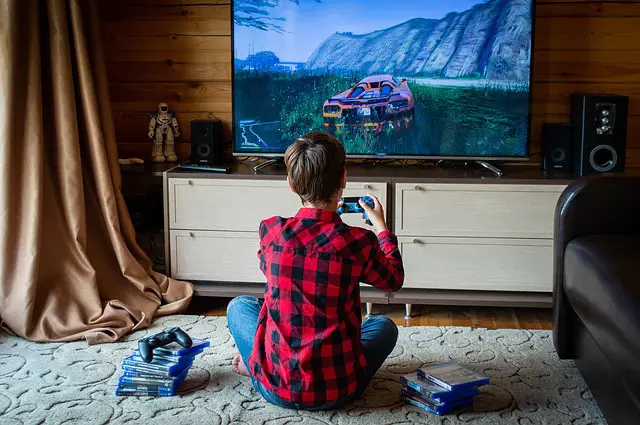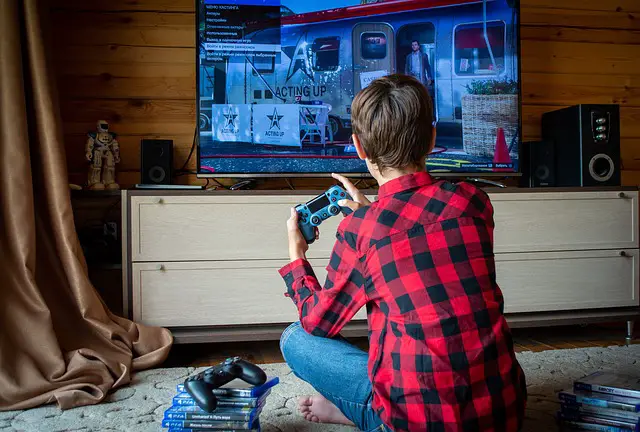Addressing Teen Social Media Addiction Through Psychological Therapy: Strategies and Case Studies
Page Contents
Introduction
In today’s digital age, social media has become an integral part of teenagers’ lives, offering connection, entertainment, and information. However, excessive use can lead to social media addiction, affecting mental health and well-being. Psychological therapy plays a vital role in addressing this issue. Let’s explore therapeutic strategies and real-life case studies illustrating their effectiveness.

Understanding Teen Social Media Addiction
Social media addiction refers to the compulsive and excessive use of social platforms, leading to negative consequences such as decreased academic performance, sleep disturbances, anxiety, and low self-esteem.
The 2 Therapeutic Approaches
- Cognitive Behavioral Therapy (CBT): CBT aims to identify and modify negative thoughts and behaviors related to social media use. Therapists help teens recognize triggers, challenge distorted thoughts, and develop healthier coping strategies.
- Mindfulness-Based Interventions: Mindfulness techniques assist in managing impulses and reducing stress related to social media use. Therapists guide teens in mindfulness practices to increase self-awareness and regulate emotions.
Real-Life Examples
Case Study 1: Daniel’s CBT Journey
Issue: Daniel, 16, was spending excessive hours on social media, affecting his schoolwork and mood.
Therapeutic Approach: Through CBT, Daniel learned to recognize triggers for excessive social media use, identify distorted thoughts about validation through likes, and developed strategies to limit screen time.
Outcome: Over time, Daniel reduced his social media usage, improved his focus on studies, and reported feeling less anxious and more confident in offline interactions.
Case Study 2: Sarah’s Mindfulness Practice
Issue: Sarah, 15, struggled with comparing herself to others on social media, leading to feelings of inadequacy and anxiety.
Therapeutic Approach: Sarah engaged in mindfulness exercises during therapy to observe her thoughts and emotions without judgment. She learned to focus on the present moment and accept herself without comparing to others.
Outcome: Sarah reported feeling more content and less anxious. She developed a healthier relationship with social media, using it consciously without letting it affect her self-worth.
The 3 Therapeutic Goals and Techniques
- Goal Setting: Therapists work with teens to set achievable goals for reducing screen time and fostering healthier habits.
- Stress Management: Teaching relaxation techniques and stress coping strategies to handle emotions triggered by social media use.
- Social Skills Development: Helping teens build offline social connections and self-esteem independent of online validation.

Collaborative Family Therapy
Involving parents in therapy sessions helps create a supportive environment at home. Educating parents about social media’s impact on teens, healthy diet plant-based foods, earthing and grounding therapy, dGroup and teaching effective monitoring and communication strategies can altogether aid in the recovery process. Earthing and grounding therapy, also referred to as eco therapy which I’ve been teaching to some clients over the past 15 years and the past 3 years I’ve been writing– making electrical connections to the earth’s natural energies walking barefoot at the beach or swimming in particular boost immunity and happiness, good for the heart or blood pressure, inflammation or stroke, blood glucose, cough or asthma, regulates sleep, reduce stress or even anxiety and depression and best for athletic performance or recovery. Swimming or soaking in a hot spring is good both for rheumatism and cough.
This earthing therapy has been existing already over decades, A German Adolf Just was one of the founders of naturopathy or earthing therapy. Later on in 1990’s Clint Ober in the United States authored the earthing and grounding therapy.
Further researching today on the 1st discoveries on earthing therapy– I have found out that Dr Stephen Sinatra, MD confirms via research study that this earthing therapy and energy infusion is a powerful stuff that restore bioelectrical circuity that boost self-healing mechanisms.
Conclusion
Psychological therapy offers valuable tools and support for teens struggling with social media addiction. Through tailored approaches like CBT and mindfulness, therapists guide teens in understanding their behaviors, managing emotions, and developing healthier relationships with social media. Real-life case studies illustrate the effectiveness of these therapeutic interventions in helping teens regain control and achieve a healthier balance in their digital lives.
Please refer to the following Earthing and Grounding writeups of
1. A Brief (and Certainly Incomplete) History of Earthing. The earthing Institute
A Brief (and Certainly Incomplete) History of Earthing – Earthing Institute
2. What is Earthing or Grounding? Stephen T. Sinatra, MD., F.A.C.C., F.A.C.N., C.N.S., C.B.T. April 13, 2023
What is Earthing or Grounding? | Dr. Sinatra’s HeartMD Institute







